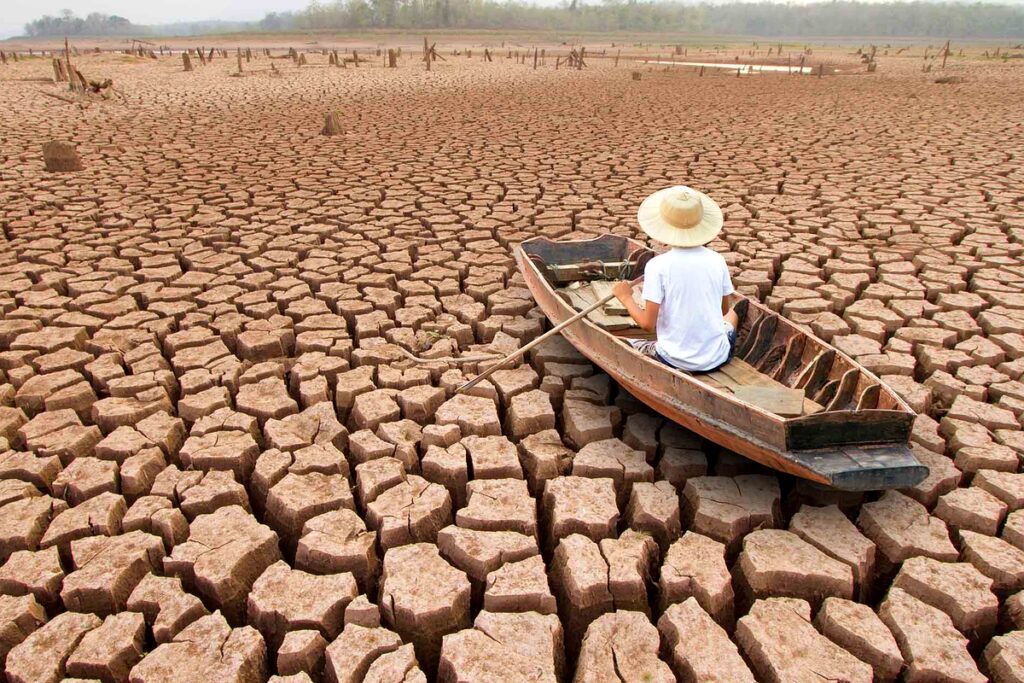United Kingdom (Commonwealth Union)_ Through a project managed by the Ministry of Water Development and Sanitation (MWDS) and created with the assistance of the Commonwealth Climate Finance Access Hub, vulnerable communities in Zambia will now be provided with critical aid to alleviate water shortages caused by climate change (CCFAH). In July 2022, the Global Environment Facility (GEF) granted financial approval for the project.

The country has witnessed a large decline in average annual rainfall over the past four decades, particularly in the south, along with periodic droughts, flash floods, and extensive soil degradation. Since 1960, the average annual temperature has risen by 1.3°C, which is much higher than the world average, while precipitation during the rainy season has declined by 7.1mm each decade. Moreover, water scarcity had a direct influence on people’s lives and the economy, especially the agricultural sector. For instance, shorter agricultural seasons have compelled farmers to plant more and later in the season.

Image Credit: lusakatimes.com
Climate adaptation funds are financial resources allocated to help countries, communities, and individuals adapt to the impacts of climate change. Climate adaptation funds are typically used to support measures that increase resilience and reduce vulnerability to the impacts of climate change, such as sea level rise, floods, droughts, and heatwaves. To assist communities in adapting to these conditions, the GEF has allocated $2 million for the establishment of a solar-powered water delivery system that will provide access to safe water, enhance sanitation, irrigate farmland, and provide water for livestock.
According to Beatrice Kanyamuna-Pole, Senior Hydrogeologist in the Ministry of Water Development, “This project will be crucial to improving the lives and livelihoods of 85,000 people in the Nyimba and Lumezi districts in Eastern Province, where flash flooding and episodes of drought are a part of life. Many people live in extreme poverty and do not have access to drinking water. Not only does the project envisage a reliable source of freshwater, but it will also be using solar-powered water pump systems, reducing greenhouse gas emissions while building resilience.”
Beausic Chongo, the Chief Climate Change Officer in the Ministry of Green Economy and Environment, also lauded the efforts of Othniel Yila, the Commonwealth National Climate Finance Adviser for Zambia, who collaborated closely with the government to develop the initial proposal to obtain GEF funding. According to Mr Yila, “This project is an important opportunity for the Government of Zambia to support a climate resilient future, protect its economic and social sectors from effects of climate change, and build towards achieving Zambia’s Nationally Determined Contributions and other important goals that will support this nation well into the 21st century.”
The two-year project will evaluate the availability of groundwater supplies in a number of rural areas, develop human, technical, and institutional capacity for sustainable management of groundwater, and establish a favorable environment for solar-powered water systems to function successfully and sustainably for the long term. In addition, past experiences from the project will also be documented to enable the scaling up and replication of excellent practices in the future.
The contribution of the Commonwealth Climate Finance Access Hub is one of the major efforts of the Commonwealth Secretariat to aid member nations in adapting to and combating climate change. It is also consistent with the Commonwealth Living Lands Charter: A Commonwealth Call to Action on Living Lands, which attempts to encourage coordinated initiatives to combat climate change, biodiversity loss, and soil degradation. The CCFAH now employs at least 16 national and regional consultants deployed in different countries. Thus far, it has assisted governments in generating approximately $61 million in climate funding, including $3 million in co-financing.







